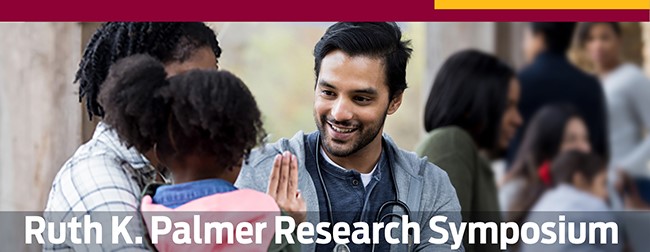Credentials of Corresponding Author
PhD, APRN, NP-C
Name of Faculty Advisor
Barbara Velsor-Friedrich PhD, FAAN, RN
Purpose
To explore the relationship between decision-making, health-risk behaviors and social support systems among college freshmen.
Background and significance
Major life transitions occur during the freshman year of undergraduate education. One of these transitions that freshmen experience is the kind of decision-making they engage in as it relates to their daily life functions. Freshmen make a variety of decisions when it comes to whether or not to engage in health-risk behaviors.
This study is significant because it is critical to demonstrate the impact of social support systems on decision-making. Given the increase in health-risk behaviors in college freshmen, this research may have implications for parents and families of college freshmen. The results of this study may indicate that strong parental and family supports may leave a lasting impact on college freshmen and also on their development of decision-making skills necessary for disengaging in health-risk behavior.
Theoretical/Conceptual framework
Steinberg’s Dual Systems Model of Adolescent Risk-Taking was utilized for the study.
Method
A cross-sectional correlational design explored the relationships between decision-making, health-risk behaviors and social support systems in college freshmen. Online questionnaires were completed through a web-based online survey. A convenience sample of 200 freshmen participated from a local university.
Results
Positive decision-making was correlated with a decrease in health risk behavior, and negative decision-making was correlated with an increase in health risk behavior. Family support and social support were found to be significant predictors of both positive and negative decision-making. The effect of family support on positive decision-making was the same for both genders. Regression analyses results showed that family support predicted a decrease in negative decision-making in females.
Conclusions
Findings extend the evidence that adolescence involves a period of developing decision-making processes which may help explain health-risk behavior and demonstrate a synergistic impact of social support systems on decision-making hence focusing efforts on strengthening decision-making in this subset of students.
Predicting Decision-Making in Relation to Health-Risk Behavior in College Freshmen


